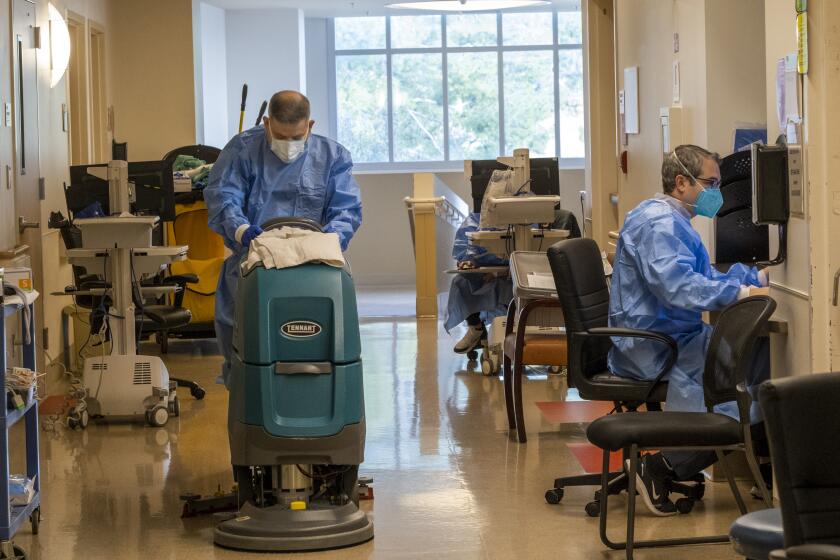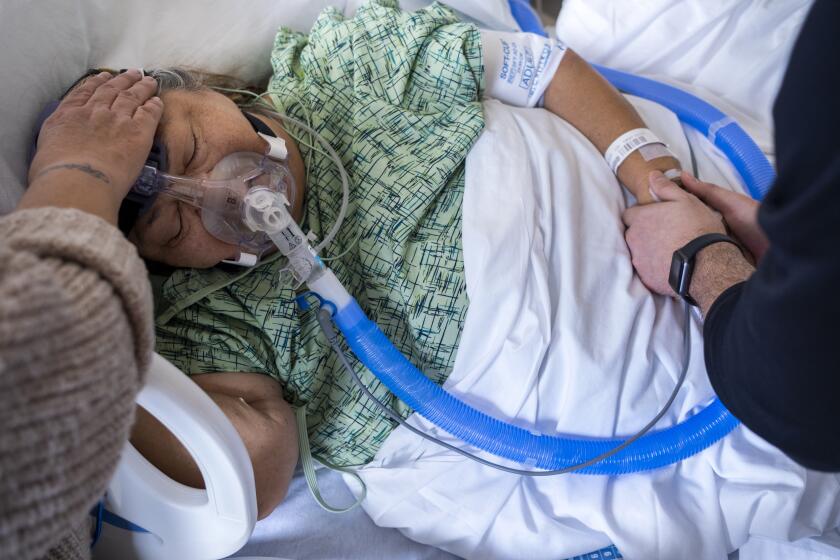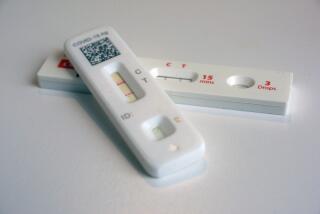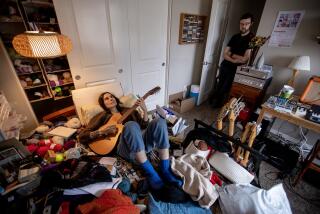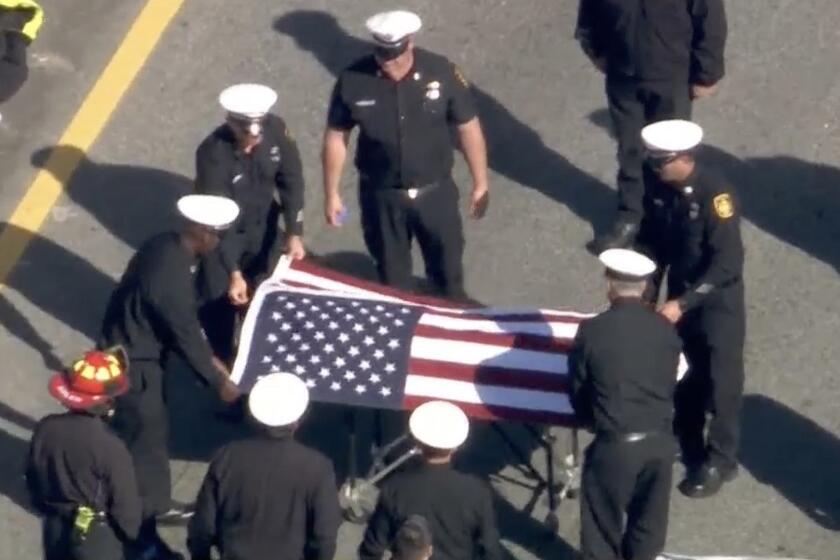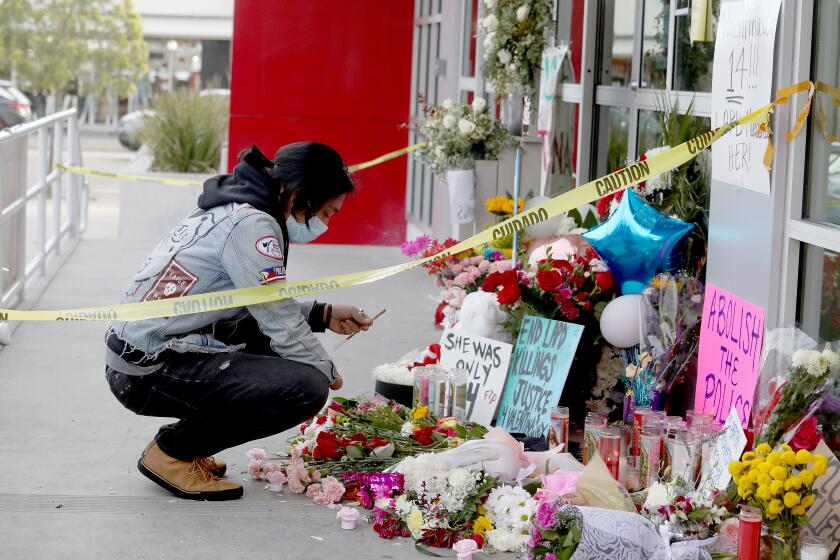O.C. woman wasn’t vaccinated against COVID-19. After 6 months in the hospital, her outlook changed
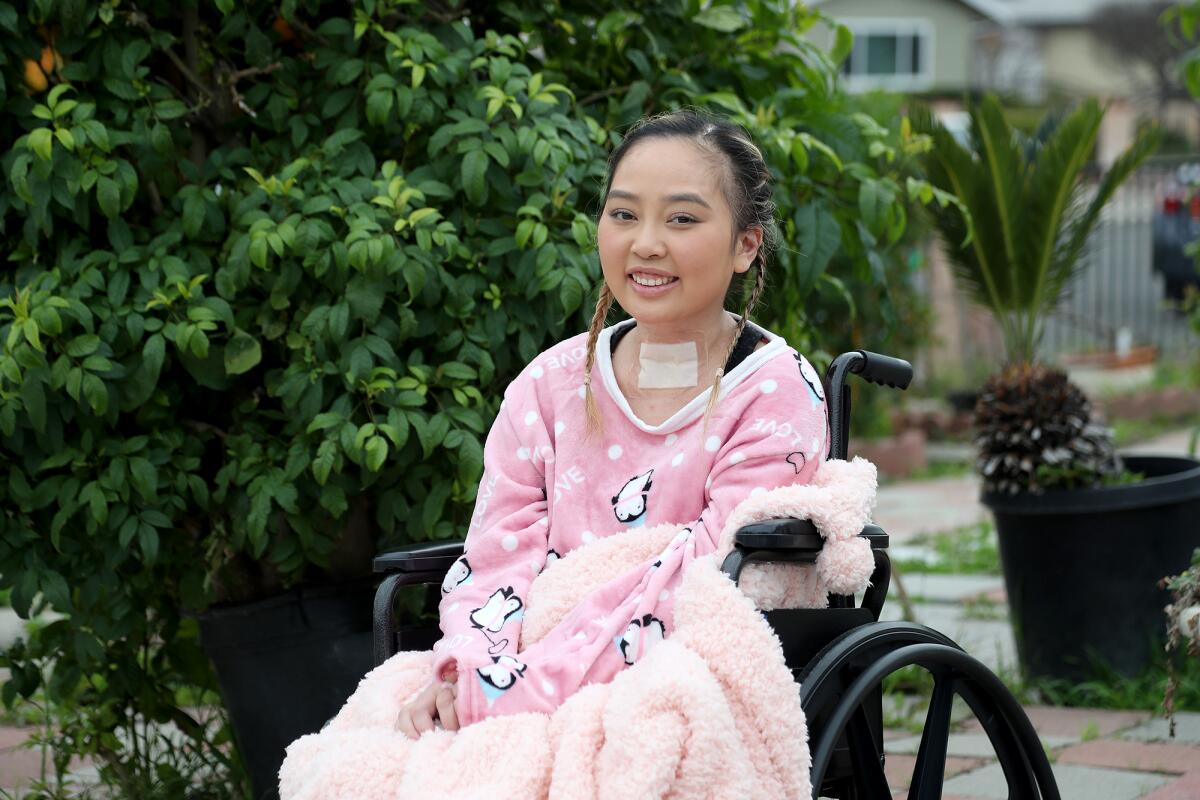
At first Wynter Ho thought it was the flu. Her head throbbed and she had trouble breathing.
The 26-year-old struggled walking up and down the stairs of her townhouse. She had grown up with asthma, but it never felt this severe.
It wasn’t until her mother told her a family friend she visited had caught the coronavirus that Ho realized she might have been infected. Ho had spent the entire weekend with her mother, and she was unvaccinated.
A trip to a testing site confirmed her suspicion that day in July.
She was soon admitted to Fountain Valley Regional Hospital, where she would spend six months fighting to survive. She was released last week.
Officials are forecasting weeks of strain in hospitals even as there are glimmers of hope the Omicron wave may soon peak in the northern part of the state.
Ho said her “nerves [were] out the roof” as she first was moved from room to room at the hospital.
“I was pretty miserable,” she said. Her family tried to keep her spirits high by dropping off her favorite food and treats such as Otter Pops, mangos, coconut juice and Fruit Gushers.
Ho had “pretty significant pneumonia” on both sides of her lungs and her oxygen level was “quite low” when first admitted, said Dr. Hoang Le, her pulmonologist at the hospital. She was provided with oxygen support and other therapies usually given to patients with COVID-19 pneumonia, but Le said she didn’t respond well.
“After a week, she got to the point to be placed on a ventilator, otherwise she wouldn’t have made it at all, period,” Le said.
Ho was terrified at the doctor’s recommendation. She said she initially rejected the idea of going on a ventilator until her mother and aunt convinced her it could be the only way to help her survive.
By then, her family, including her father who had flown in from Oklahoma, met at the hospital to see her, worried that it might be the last time they could visit before she died.
L.A. reports 39 COVID-19 deaths Wednesday and 45 on Thursday. Delta, not Omicron, is likely to blame, officials say.
While she was sedated, Ho said, she dreamed of her family and remembers faintly hearing their voices.
Ho said she regained full consciousness in October.
“I was depressed and crying every day and confused,” she said. “I knew I was in the hospital, but I didn’t know time had passed all the way to October.”
Ho then embarked on her journey to recovery. She downloaded a speech-to-text app to help her communicate while she slowly relearned how to speak and move her body.
She used the iPad mounted on her hospital table to stay in touch with her family and to get a peek into the outside world. Sometimes her aunt would call on FaceTime while she drove around. Ho celebrated Christmas virtually with her.
Every milestone came with support from her medical staff.
“No one person did this,” Le said. “This is the entire team. The ICU nursing staff went above and beyond and helped her. [Ho] really inspired us how hard she worked and wanted to improve.”
After fighting to survive, Ho is thankful for her second chance at life. She was greeted with applause and balloons from staffers and family as she was wheeled out of the hospital last week.
Ho said she got vaccinated first thing afterward. Now she’s urging her community, especially young adults, to do the same.
“Get vaccinated even if you feel you don’t go out too much,” she said. “You just never know. Better be safe than sorry.”
Her doctor agreed, saying the best way to minimize the rising strain on healthcare systems is to get vaccinated, including booster shots, and to follow public health orders.
“We see that when you’re fully boosted, getting severe COVID or hospitalization is much, much lower,” Le said. “It doesn’t mean the vaccine doesn’t work. It does work — we have to get everyone vaccinated and boosted, according to science.”
More to Read
Start your day right
Sign up for Essential California for news, features and recommendations from the L.A. Times and beyond in your inbox six days a week.
You may occasionally receive promotional content from the Los Angeles Times.
